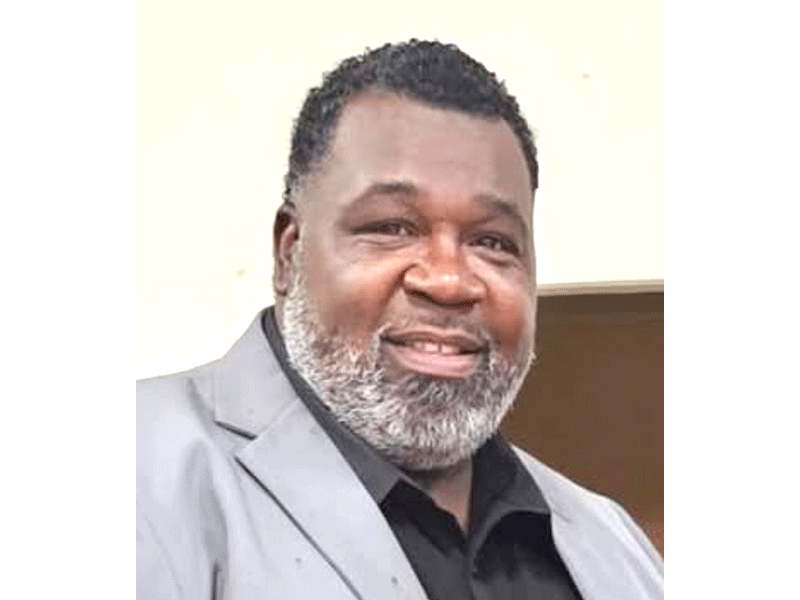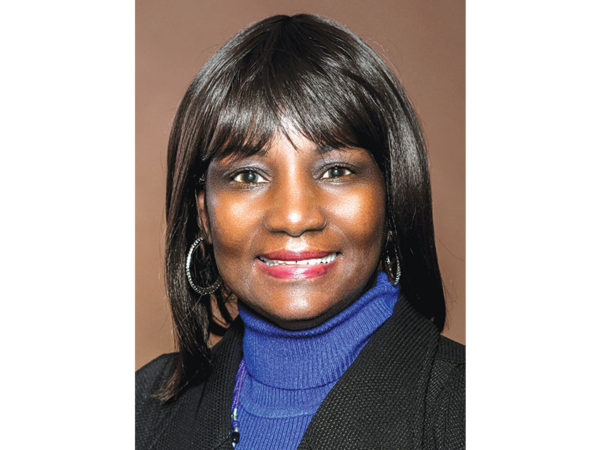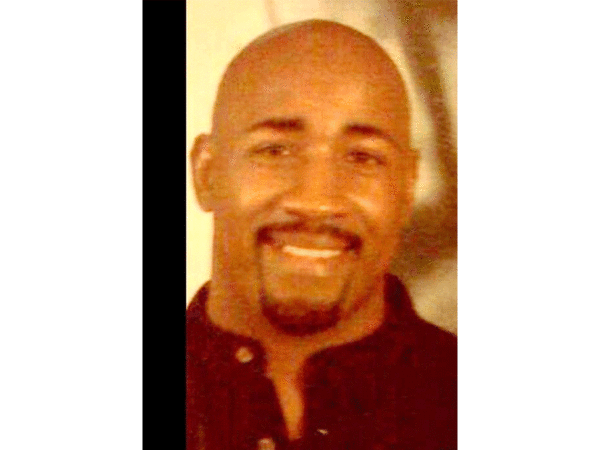By any political measure, Marc Moore Sr.’s landslide victory in the May 3, 2025, Bastrop mayoral election marks a defining shift in the town’s leadership and its future direction. With over 70% of the vote, Moore did more than defeat incumbent Betty Olive—he received a public mandate to usher in change, restore civic confidence, and revitalize a community long plagued by economic stagnation, rising crime, and aging infrastructure.
The Outsider With Inside Vision
Moore is not a politician in the traditional sense. A popular and respected figure in the community, he enters office without prior governmental or administrative experience. Yet it is that very absence of political baggage that seems to have energized voters.
For years, Bastrop residents have expressed frustration over the status quo, voicing concerns in city council meetings and community gatherings about issues ranging from poor police staffing to declining public morale.
Moore was among them—watching, listening, and speaking up. Now, the man who once pointed out the city’s problems must become the one to solve them.
A Platform Built on Basics
Moore’s priorities are straightforward and deeply resonant: public safety, economic development, and city beautification. His promises include revitalizing the Bastrop Police Department, curbing the exodus of officers to other cities, and rebuilding trust between citizens and law enforcement.
Public safety, in particular, has been a hot-button issue for residents, with many lamenting the rise in crime and the thin police presence on the streets.
Economic development, especially for small businesses, is another cornerstone of Moore’s vision. With Bastrop facing a 4.2% unemployment rate and a shrinking tax base, the road to job growth will require not just bold ideas, but sound fiscal planning.
The challenge is not just to attract new businesses, but to convince them to stay—and to do it all within the limits of a “dwindling city budget.”
A Mayor With a Mandate, Not a Magic Wand
Moore’s 70% vote share gives him an enviable political advantage: public support. That kind of mandate allows him room to take risks, push through reforms, and rally the city council behind his agenda. But goodwill alone won’t fix busted roads, fund police salaries, or balance the books.
His plan to hold town hall meetings and establish an open-door policy is a signal that he understands the importance of public buy-in. In a city often worn down by closed circles and unclear communication, transparency may be the best currency he has to spend early in his term.
The Real Test Begins Now
If Moore succeeds, he will do so by turning grassroots optimism into measurable outcomes. That means forging strategic partnerships with state agencies, securing grants, and making tough choices on spending priorities. He’ll need experienced advisors, savvy department heads, and above all, the ability to learn quickly.
As Bastrop hands the keys to a political newcomer with big ideas and bold energy, residents are watching closely. The election gave Moore a clear runway. Whether he can lift off—or get grounded by the weight of reality—remains to be seen.
For now, Bastrop is betting on belief. And belief, as any mayor knows, is both a gift and a responsibility.




